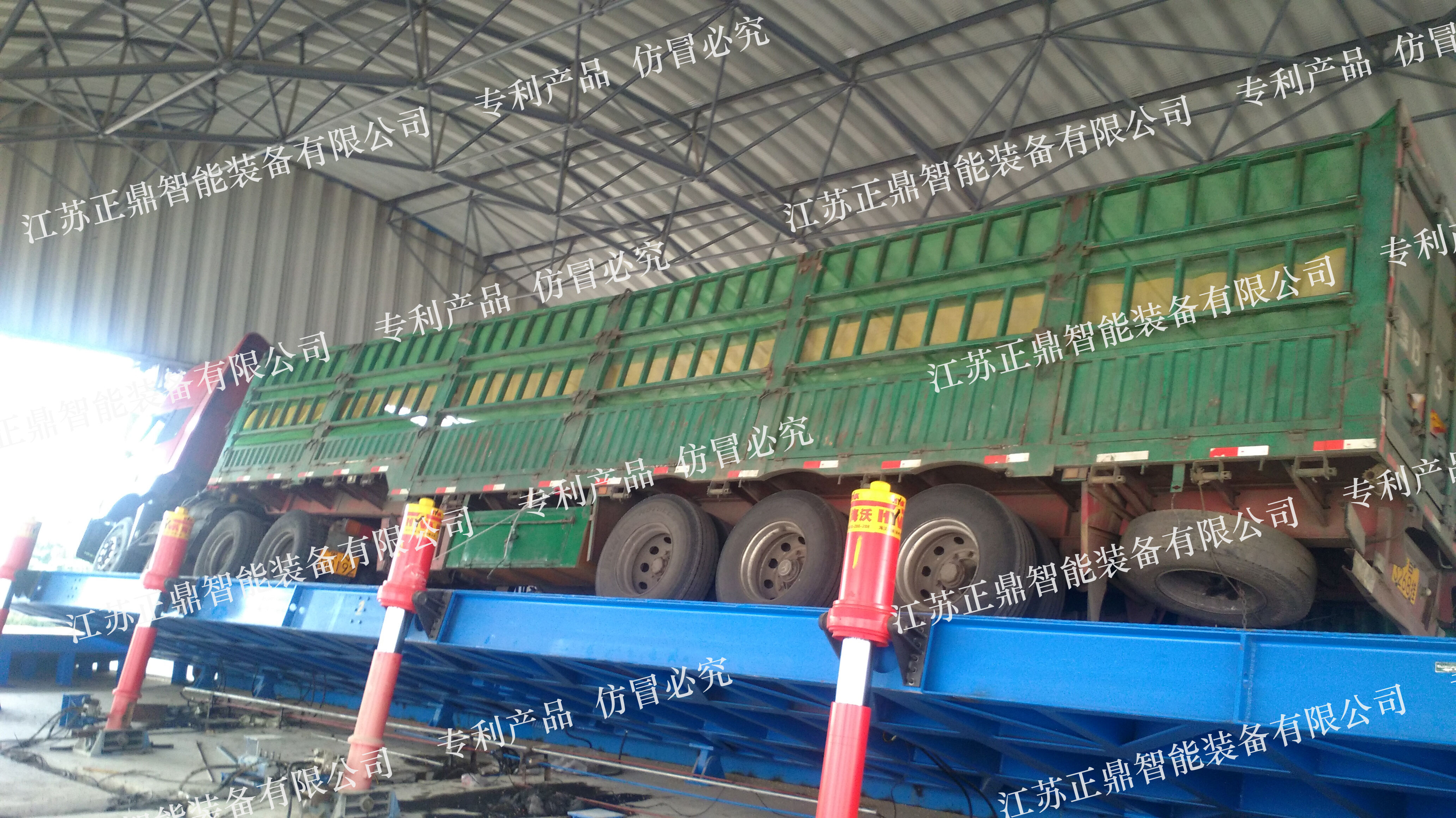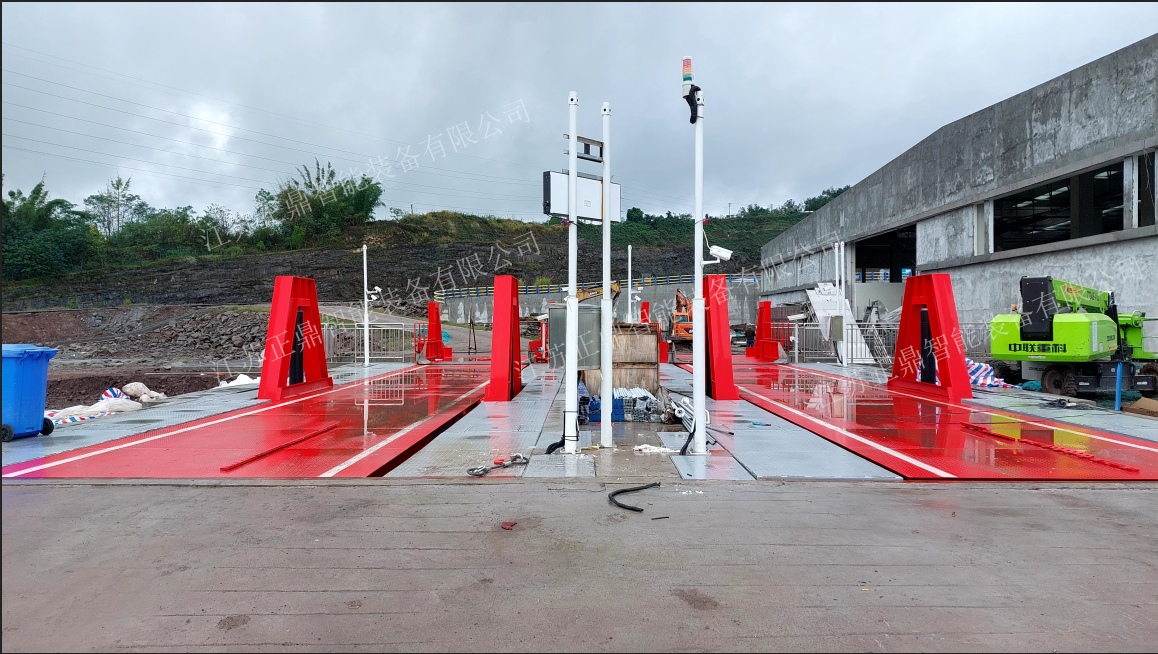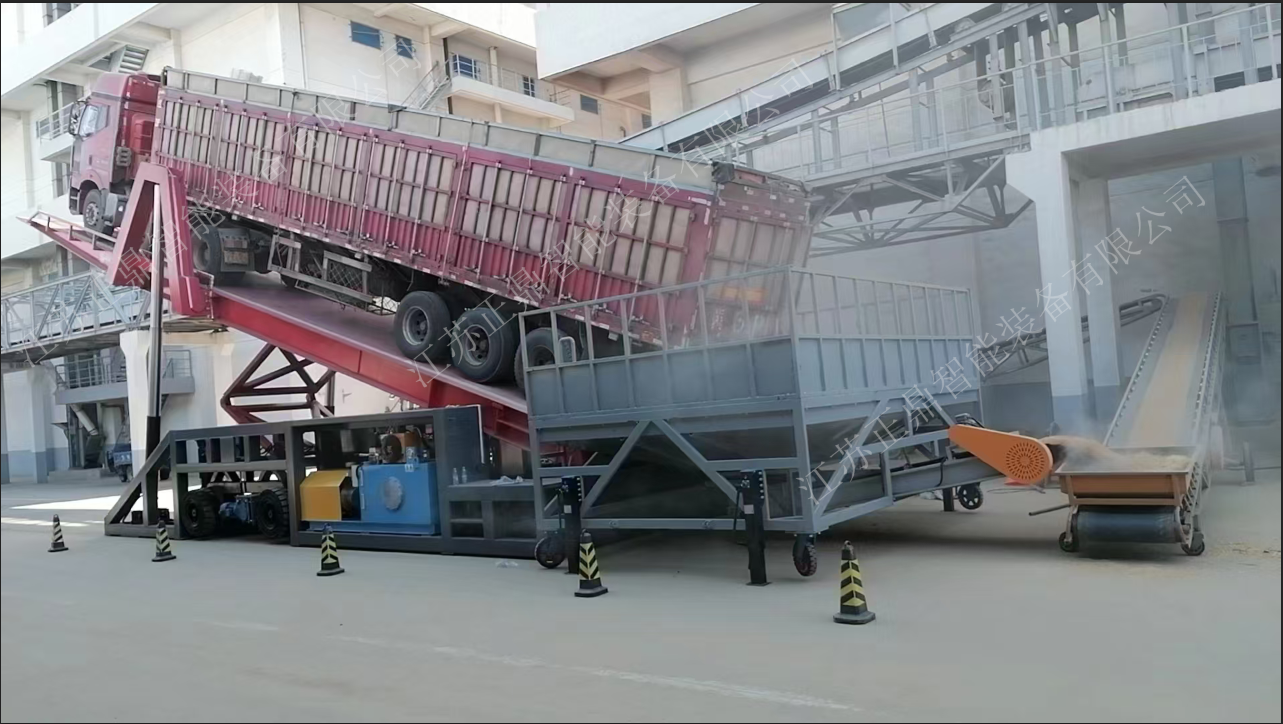dumper truck cost
When considering dumper truck cost, it's essential to understand the comprehensive value these versatile vehicles offer. Modern dumper trucks represent a significant investment in construction and mining operations, with prices ranging from $30,000 for smaller models to over $200,000 for heavy-duty industrial variants. These robust vehicles combine powerful engines, advanced hydraulic systems, and sophisticated safety features to deliver optimal performance in challenging environments. The cost structure typically encompasses the base vehicle price, additional features, warranty coverage, and potential maintenance expenses. Manufacturers offer various financing options, including leasing and rental arrangements, making these essential machines more accessible to businesses of all sizes. The total cost of ownership involves factors such as fuel efficiency, maintenance requirements, durability, and resale value. Advanced technologies incorporated in modern dumper trucks, such as GPS tracking, automated loading systems, and fuel optimization features, contribute to the overall price but significantly enhance operational efficiency. Understanding dumper truck costs requires consideration of payload capacity, operating conditions, terrain requirements, and specific industry applications to ensure the most cost-effective solution for your business needs.


